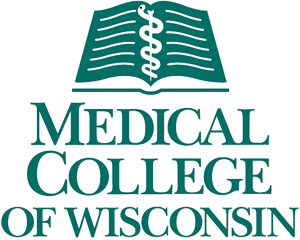Position Description:
Provide diagnostic and treatment services within an intensive clinical program to adults with communication disorders.
- Provide assessment and treatment of patients with acquired neurogenic communication disorders, primarily aphasia, in individual and group therapy settings.
- Document care and provideeducation on treatment processes and counseling to patients and their support people.
- Assist in testing and data management on research projects.
Knowledge - Skills - Abilities
- Knowledge of treatment and current best practices for acquired neurogenic communication disorders, particularly for aphasia and patient-centered care.
- Knowledge of basic neuroanatomy and language processes, clinical judgment,cultural awareness, and counseling.
- Able to complete thorough and effective clinical documentation.
- Displays self-motivation, organization, interpersonal, practice-based learning and improvement, empathy, and critical decision-making skills.
Preferred Schedule:
Casual: 2 weeks, 4 times a year
Position Requirements:
Appropriate
experience may be substituted on equivalent basis
- Minimum Required Education: Master's degree
- Minimum Required Experience: 1 year of experience
- Preferred Experience: Medical speech-language pathologist, 3 years of experince
- Certification Required: WI speech-language pathologist license, ASHA Certificate of Clinical Competence
MCW as an Equal Opportunity Employer and Commitment to Non-Discrimination
The Medical College of Wisconsin (MCW) is an Equal Opportunity Employer. We are committed to fostering a diverse community of outstanding faculty, staff, and students, as well as ensuring equal educational opportunity, employment, and access to services, programs, and activities, without regard to an individual's race, color, national origin, religion, age, disability, sex, gender identity/expression, sexual orientation, marital status, pregnancy, predisposing genetic characteristic, or military status. Employees, students, applicants or other members of the MCW community (including but not limited to vendors, visitors, and guests) may not be subjected to harassment that is prohibited by law or treated adversely or retaliated against based upon a protected characteristic.
.
|
 Medical College of Wisconsin
Medical College of Wisconsin
 Dec 18, 2024
Dec 18, 2024 

